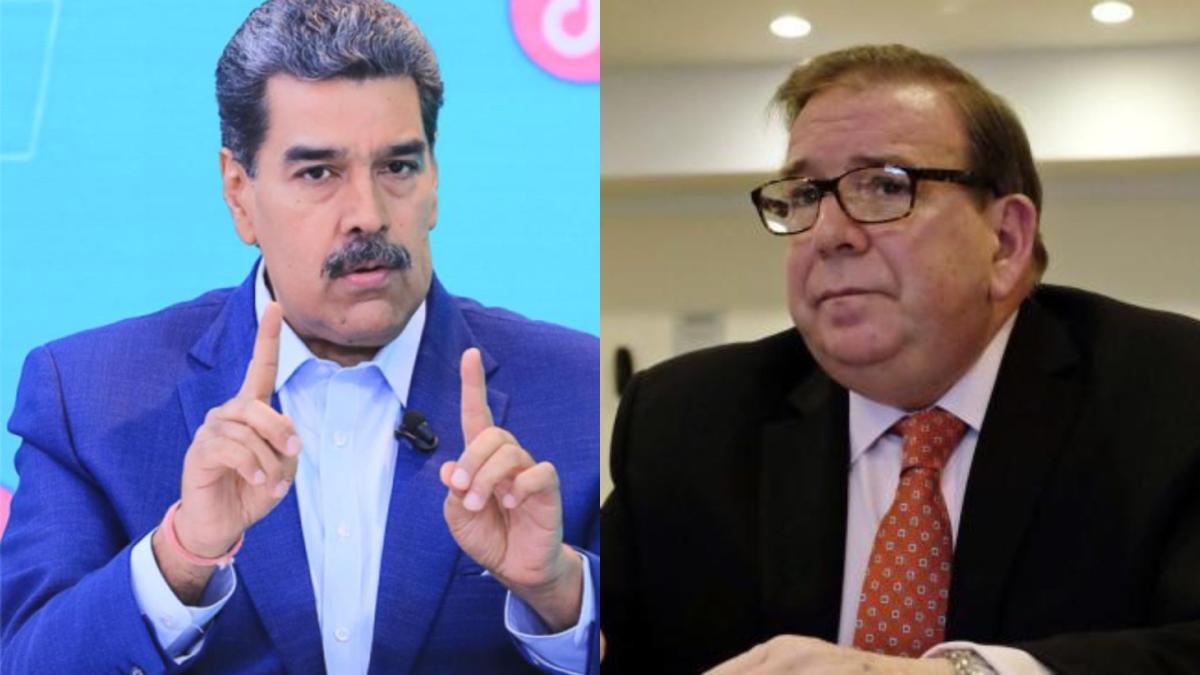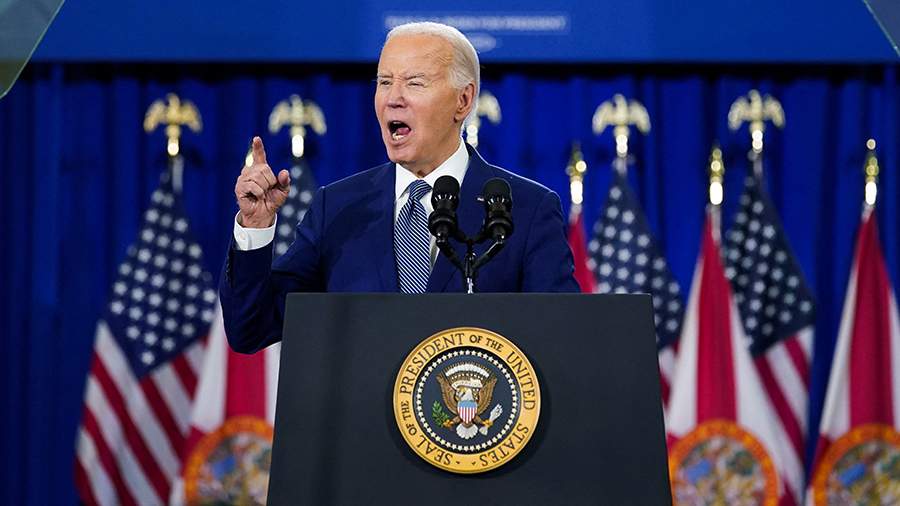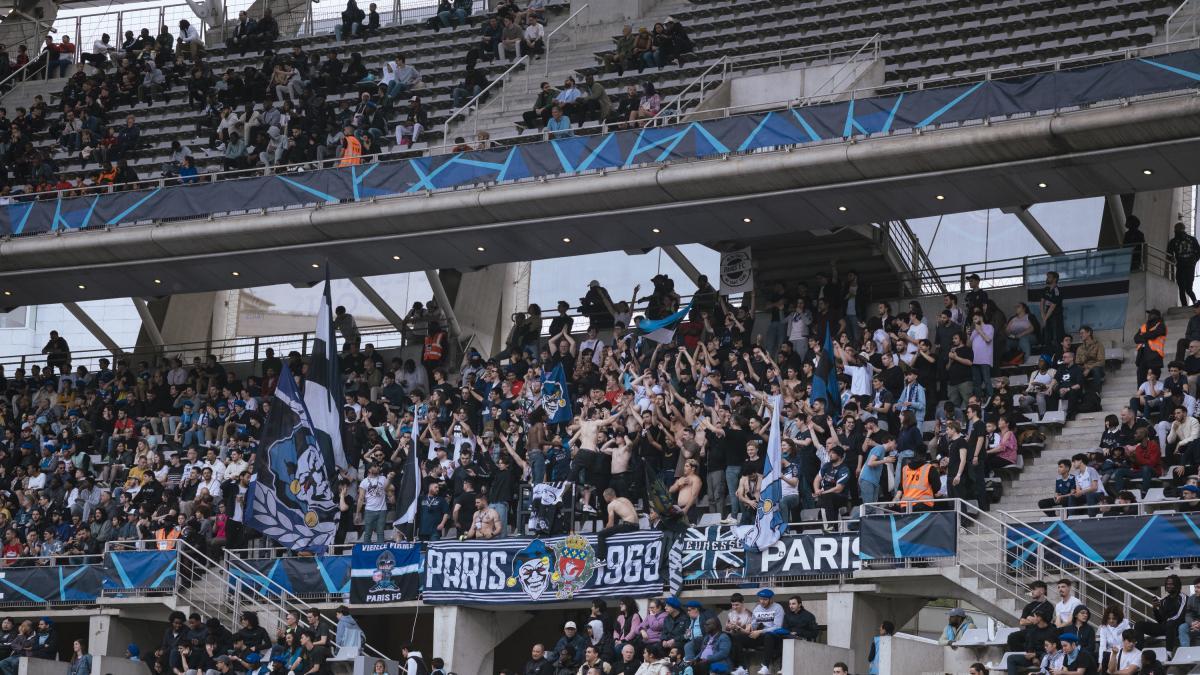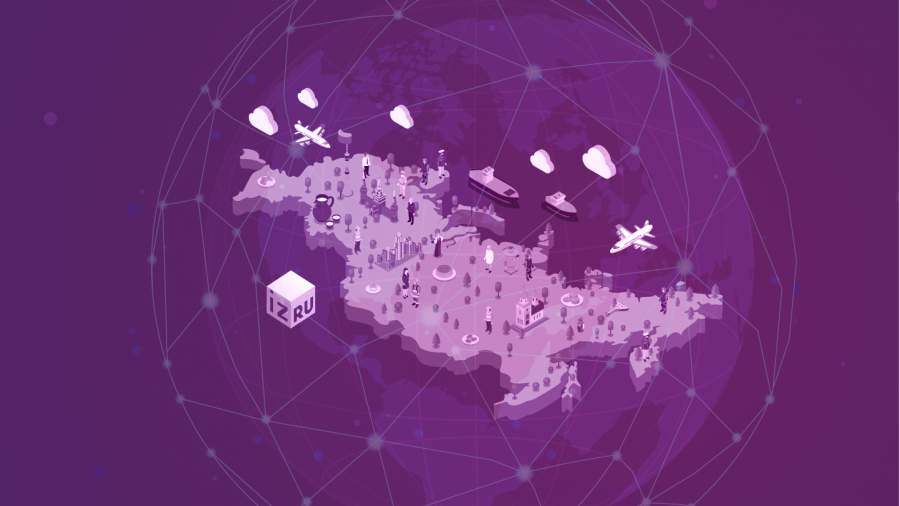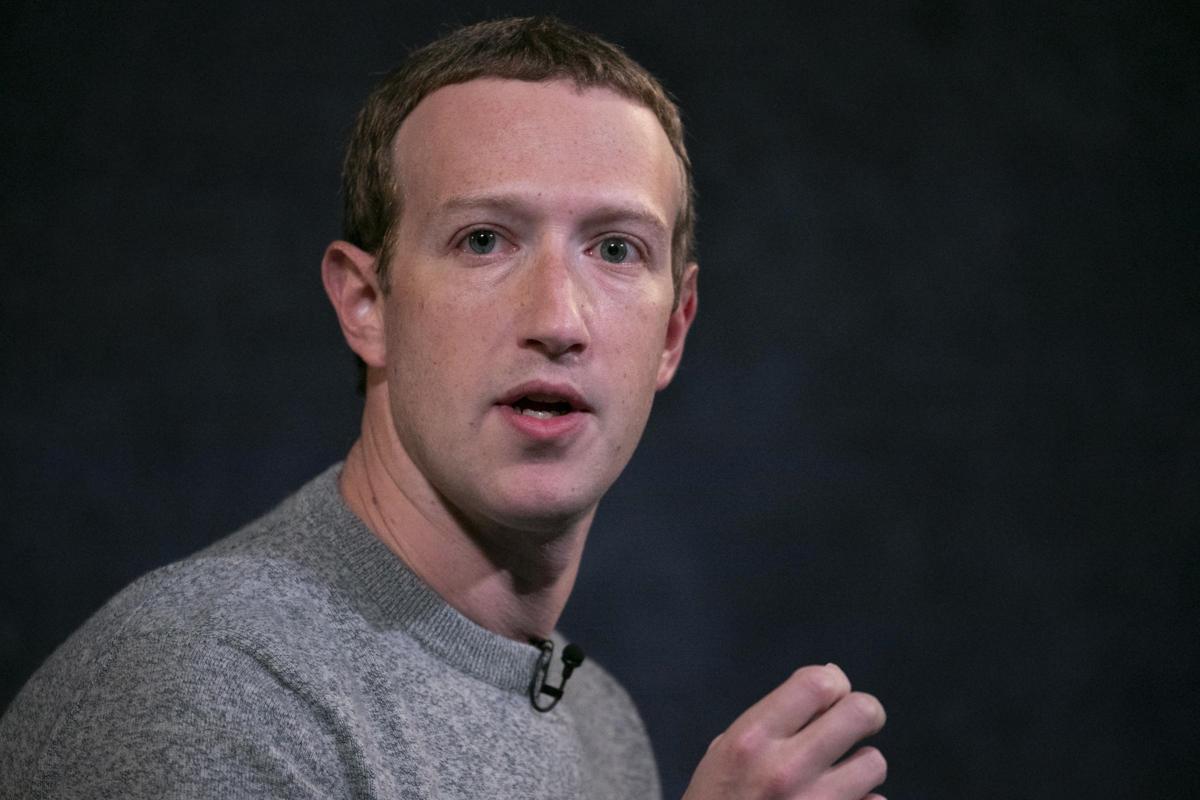The Peruvian government assured today before the UN Human Rights Council that it will investigate possible “excesses” of the forces of order in the response to the current protests, although it affirmed that mainly minority groups of protesters have exercised “indiscriminate violence”. .
(In addition: Boluarte reiterated his support for the National Police for their performance in protests)
Law enforcement have tried to restore social peace
“If there has been any excess, it will be investigated”assured the Peruvian ambassador to the UN in Geneva, Luis Chuquihuara, in his speech at the Council, who stressed that, nevertheless, the authorities have tried to “respond within the international standards for resolving conflicts of this nature.”
“Peru is committed to peaceful social protests, but when unfortunately a minority sector of the protesters has committed violence against state property or against other citizens, the forces of order have tried to restore social peace,” the diplomat declared.
(Also: Peru: Boluarte calls for a ‘national truce’ after more than a month of protests)
The provisional superior prosecutor, Daniel Jara, added in the same session that they have already started six investigations into the death of 18 people and 14 injured in protests in the regions of Ayacucho, Junín, Apurímac and Lima.
Investigations are also under way for the assault on journalist Aldair Mejía when he was covering the incidents in the city of Juliaca.
UN eyes on Peru
Peru was submitted today to the periodic examination on the situation of their fundamental freedoms by the Council (made up of 47 UN member states), the first in five years for the country and which coincides on this occasion with the serious crisis produced after the failed self-coup by former President Pedro Castillo.
the protest cannot be confused with criminal actions
By videoconference from Peru, the Peruvian institutional delegation before this examination, led by the new Minister of Justice and Human RightsJosé Tello, began by lamenting the loss of human lives (more than 60 so far) but assured that “the protest cannot be confused with criminal actions.”
(Keep reading: Peru: the economic effects that the protests have on the country and its neighbors)
In this sense, Tello denounced violent attacks in the context of the protests against health centers, judicial institutions, small and medium-sized companies with millions in losses, the media and journalists, and roadblocks that violated “the right to freedom of transit.”
The minister stressed that despite the violence, the current Peruvian authorities recognize the demands of the protesters, who “are part of a historical debt with marginalized regions and sectors of the population.”
The president made a call to establish dialogue tables.
Calls for a truce by the government
He also indicated that some of the demands for political and electoral reforms of the protests are already being answered, including the advancement of elections, which would be held in April 2024, if this is approved in a second vote by Parliament.
“Our commitment is to conduct a political transition with arms outstretched to all legitimate actors on the basis of dialogue,” said the head of Justice, who added that a commission has been created to attend to the victims of the protests.
(You may be interested in: ‘France will support Colombia in the implementation of the National Development Plan’)
The periodic review included the intervention of more than 60 Member States of the United Nations, although only a little more than twenty commented on the recent crisis.
The interventions generally expressed concern for loss of life and calling on Peru to investigate a possible disproportionate use of force by law enforcement.
The UK delegation spoke directly of “police and armed forces abuses at demonstrations and protests”, although it also considered cases of vandalism by violent protesters “unacceptable”.
international concern
The United States expressed concern about “legislative proposals to limit investigative journalism and increase intimidation against journalists“, while Russia expressed its confidence that the crisis will be resolved with the dialogue “of the Peruvians themselves, without destructive interference from abroad.”

Demonstrations against President Dina Boluarte in Lima.
Two countries, Denmark and Finland, recommended to Peru that they amend the Law on Police Protection to include the requirement of proportionality in their interventions, while Switzerland called for “all parties to renounce violence and engage in constructive dialogue.”
(We invite you to read: Official: Germany confirms the shipment of ‘Leopard 2’ type tanks to Ukraine)
Colombia recommended measures to ensure that the next elections in Peru are “free, fair and transparent”, which would include the participation of electoral observation missions from the United Nations, the Organization of American States (OAS) or the European Union (EU).
Regarding this international observation, both Minister Tello and Ambassador Chuquihuara recalled that representatives of the Inter-American Commission on Human Rights and the UN Office for Human Rights have already visited Peru in recent weeks, who “condemned the violence coming from where it comes from.”
EFE
#Peru #promises #investigate #complaints #police #violence



